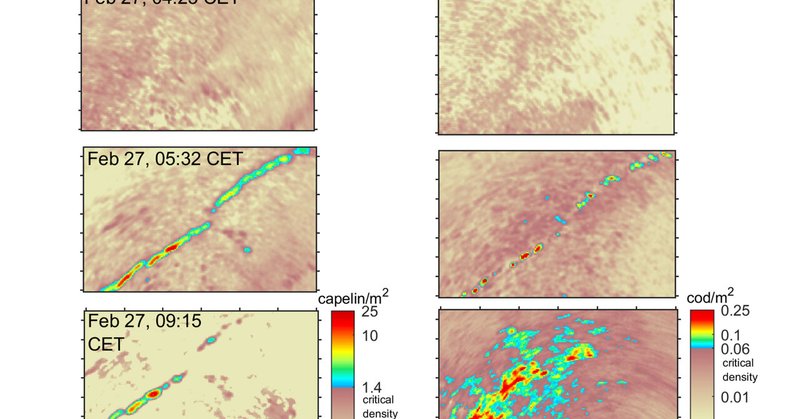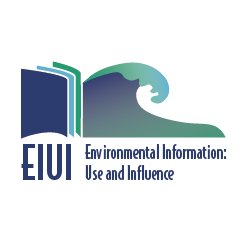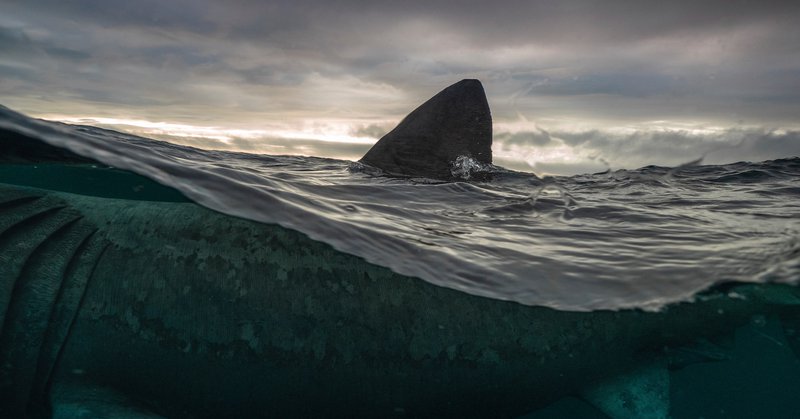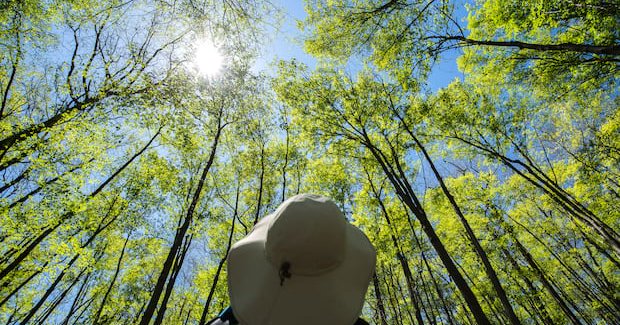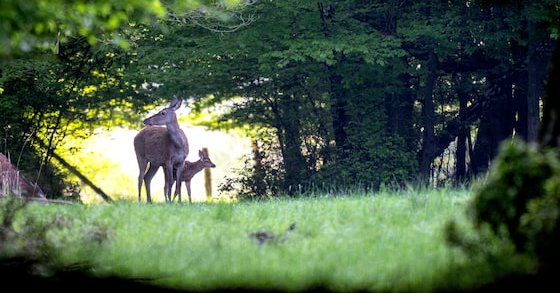
Boris Worm
@cbcoceansguy
Followers
4K
Following
5
Media
49
Statuses
237
Marine ecologist, Columnist on CBC Radio
Nova Scotia, Canada
Joined March 2013
This is why I love science: opening our eyes to the wonders of nature. Here, oceanographers recorded the largest predation event ever observed in the ocean https://t.co/LytZELkpZi via @physorg_com
phys.org
There is power in numbers, or so the saying goes. But in the ocean, scientists are finding that fish that group together don't necessarily survive together. In some cases, the more fish there are,...
0
10
41
Worried about the rise of #misinformation on social media and in public discourse? Please join us for the 2024 Ransom A. Myers lecture on THU 17th October at 7.15PM at Dalhousie University. The event is free and is followed by a reception, everyone is welcome! @DalScience
0
7
9
Healthy #fisheries are key for supplying food for the rising global population. In a study of drivers of effective fisheries mgmt, Schiller, et al. @g_auld @cbcoceansguy note in @FishFishJournal leadership & balanced #DecisionMaking are important factors https://t.co/vg7a2FXc2D
0
2
4
Why a third of all sharks are swimming toward extinction, despite efforts to save them
washingtonpost.com
A new study in the journal Science found the number of sharks killed by fishing is still going up despite government efforts to save the ocean predators
2
4
10
About 1 in 3 vertebrate species is used, eaten or traded by humans, study finds
latimes.com
Humans exploit nearly 15,000 other vertebrate species, and 13% of them are either vulnerable, endangered or critically endangered. No other animal has such an outsized impact on other species.
0
0
1
The closest we have come to meeting an intelligent #alien - why the #octopus keeps surprising scientists time and again https://t.co/AHjlLTdIUg
@DalScience
0
0
1
Beautiful, hope-inspiring examples of where communities can help bring back wild nature, benefitting species and people @backlandscoalition
cbc.ca
Restoration is the key to Canada’s efforts to reverse biodiversity loss — now a part of the country’s international obligations, after the COP15 UN biodiversity conference which was hosted in...
0
0
2
Study lays out full extent of humans as global predators — and it’s a big problem /via @globeandmail
theglobeandmail.com
Humans collectively prey on nearly 15,000 wild vertebrate species, roughly one third of all varieties on the planet
0
1
5
Humans exploit about one-third of wild vertebrate species - may need to rethink our collective relationship with wild nature.
sciencenews.org
An analysis of nearly 47,000 vertebrate animal species reveals that using them for food, medicine or the pet trade is helping push some toward extinction.
0
1
2
Humans are now using 1/3 of all vertebrates on Earth - almost 15,000 species. This makes us consume up to 300 times more prey items than other comparable carnivore. First study of its kind estimates ecological effects of 'super-predation' @ChrisDarimont
https://t.co/k2kfzNlBNR
1
22
46
Atlantic mackerel are woven into the fabric of east coast life - what will it’s decline mean for the people who depend on it? Read our @globeandmail article to find out: https://t.co/DNuZ107dSC with @JenniferYVerma 📸 by @LeilaBeaudoin & Nicolas Winkler
1
14
18
Largest recorded concentration of large #whales in history provides hope for #ecosystem #recovery in the Southern Ocean. Will be covering this at 5.18PM today on @Mainstreethfx @oceanschoolnow
0
3
12
Think globally, act locally and #keepthebacklandswild Please help us save a unique wilderness area close to #Halifax from suburban development. Sign the petition today: https://t.co/3jyP7pHYiC
@EcologyAction @FriendsHalifax @HfxFieldNat @DalOfficeSust
change.org
Save Purcells Cove Urban Reserve from Development
0
1
5
Knowing and understanding our connection to the ocean is important for us all, no matter where we live! Learn more about #OceanLiteracy, and the importance of making it more inclusive, in this new Ocean School article by CarolAnne Black 🌊📖 https://t.co/MiykJlijrN
@OceanFrontier
linkedin.com
Article by CarolAnne Black. Ocean literacy means knowing and understanding our connection to the ocean.
0
14
49
The totally amazing discovery of a 60-million strong icefish nesting colony in Antarctica. How much better does it get??? My (very excited) take on this on @Mainstreethfx
https://t.co/6QuGHBBGqT
1
2
7
After the 4pm news... another marvel of evolution! Our oceans guy Boris Worm tells Jeff about the discovery of 60-million icefish whose nests occupying 240-square-kilometers of the ocean floor off Antarctica. And this is weird -- they have clear blood. Boris explains why.
0
4
6
Very thought-provoking article on #scienceliteracy and what it means for our daily lives. Quote: "most of what you listen to is noise".
bigthink.com
Developing an awareness of and an appreciation for science is what we all truly need, not what we've been doing.
1
1
4
Warmer, oxygen-poor waters may reduce productivity of world’s largest fishery - new study in Science https://t.co/MIzOrmITDm via @Mongabay
news.mongabay.com
In 2008, a team of researchers boarded an expedition vessel and set sail for the anchovy-rich waters off the coast of Peru. They were searching for a place to extract a sediment sample that would...
0
3
4
Global emissions still on the rise? Not if you account for nature-based solutions -- interview about #carbonneutrality, stable #CO2 #emissions on @Mainstreethfx: How leaving nature alone is helping to reduce our impact on the climate
0
0
0

